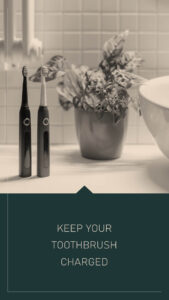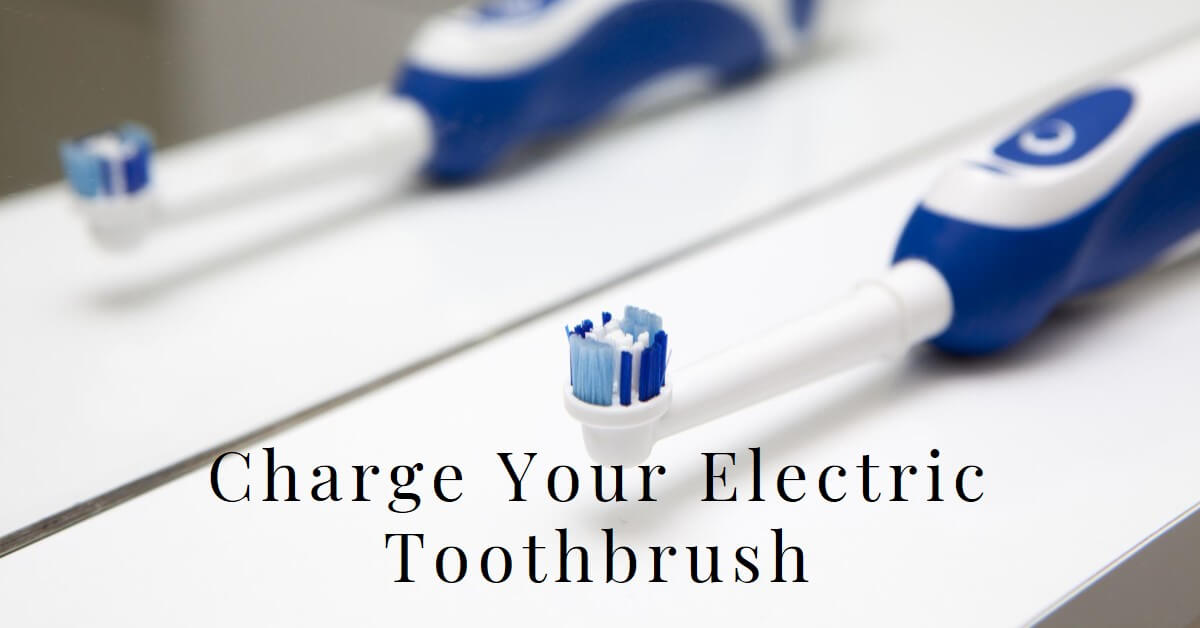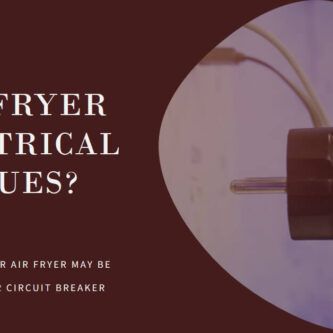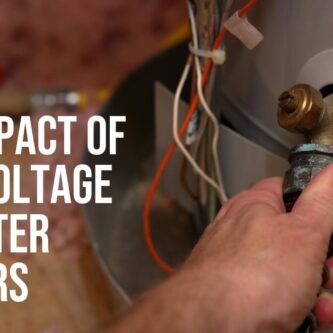Image: “Article Feature Image” by Bing is licensed under CC BY-NC-SA 4.0. Source: Bing Graphic Art. License: CC BY-NC-SA 4.0.
Maintaining good oral hygiene is crucial for overall health, and using an electric toothbrush has become increasingly popular for its effectiveness in removing plaque and promoting oral health.
However, concerns have been raised about the safety of leaving electric toothbrushes charging overnight. No, it is generally not recommended to leave your toothbrush charging overnight. There is a risk of electrical hazards such as short circuits and fire hazards, although the likelihood is generally low
This article aims to explore the potential risks associated with this practice and provide practical tips for safe toothbrush charging.
Understanding Electric Toothbrushes
Electric toothbrushes are designed to provide a more efficient and thorough cleaning experience compared to manual toothbrushes.
These devices typically operate on rechargeable batteries and offer various features such as different brushing modes and timers to ensure optimal oral care. Charging an electric toothbrush is an essential part of its usage.
The Potential Risks of Leaving Toothbrushes Charging Overnight
While leaving your toothbrush charging overnight may seem convenient, there are some potential risks involved that should be taken into consideration.
Electrical Hazards
- Risk of short circuits: Continuous charging can increase the chances of a short circuit, which may lead to electrical malfunctions or, in rare cases, fire hazards. It is important to note that well-designed toothbrush chargers usually have safety mechanisms to prevent such incidents.
- Fire hazards: Although the risk is minimal, any electronic device left charging for an extended period may have a small chance of overheating and potentially causing a fire. This risk can be mitigated by using chargers provided by reputable manufacturers and following their instructions.
Battery-related Concerns

- Overcharging: Some electric toothbrushes continue to draw power even after reaching a full charge. Over time, this can impact the battery life and performance of the toothbrush. It is advisable to avoid excessive charging to prevent overcharging.
- Reduced battery life: Overcharging or consistently leaving the toothbrush on the charger can lead to diminished battery capacity. This can result in shorter usage times between charges.
- Battery leakage: Although rare, overcharging or using incompatible chargers may increase the risk of battery leakage, potentially causing damage to the toothbrush or posing a health risk if the leaked substance is ingested.
Read also my article: Voltage Vortex: How Overvoltage Can Damage Your Electric Toothbrush.
Practical Tips for Toothbrush Charging
To maintain safety and hygiene while charging your electric toothbrush, consider the following tips:
- Following manufacturer’s instructions: Always refer to the manufacturer’s guidelines regarding charging and maintenance. They provide valuable insights into the specific requirements and best practices for your toothbrush model.
- Using timers or smart charging technology: Some toothbrushes or chargers come with built-in timers or smart charging technology that automatically shuts off the charging once the battery is full. These features can help prevent overcharging and extend the battery life.
- Proper cleaning and maintenance: Regularly clean your toothbrush, including the handle and charger, according to the manufacturer’s recommendations. Allow the toothbrush to dry completely before placing it back on the charger.
Conclusion
While it may be convenient to leave your electric toothbrush charging overnight, it is essential to consider the potential risks associated with this practice. The risks include electrical hazards, battery-related concerns, and bacterial growth.
By adopting safe practices such as following manufacturer instructions, using timers or smart charging technology, and practicing proper cleaning and maintenance, you can ensure a balance between convenience and safety for your toothbrush charging habits.




